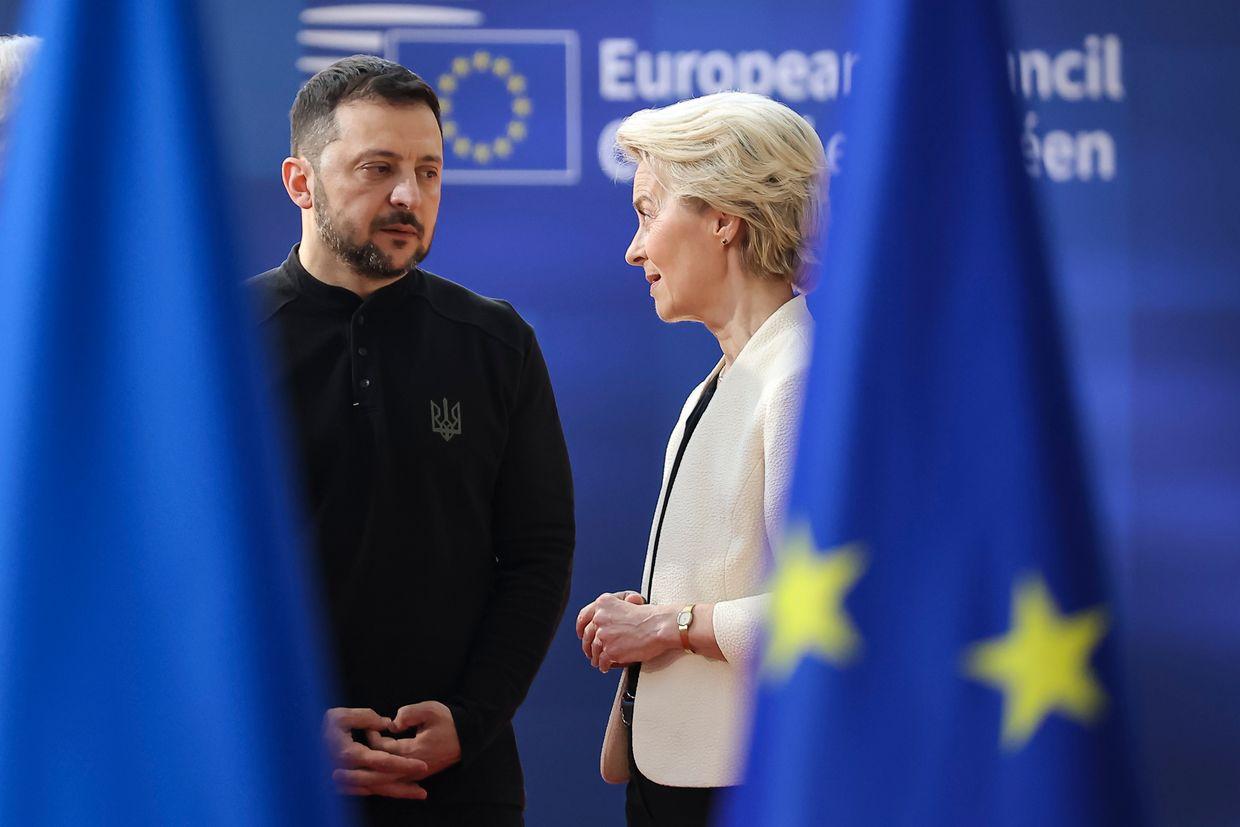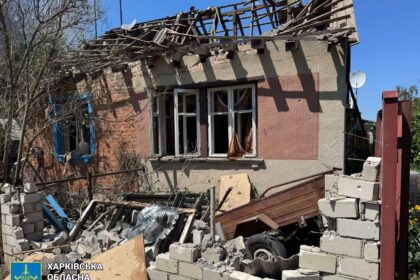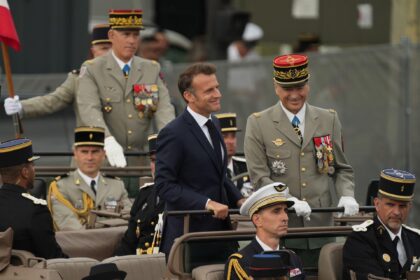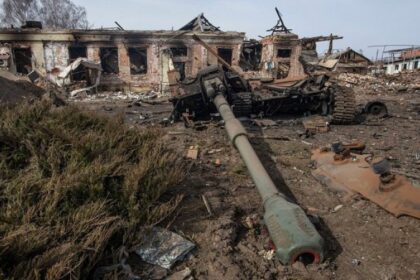**EU Leaders Raise Concerns Over Ukraine’s Anti-Corruption Law**
The European Commission has expressed strong concerns over a new law in Ukraine that strips the country’s top anti-corruption bodies of their independence. According to European Commission spokesperson Guillaume Mercier, President Ursula von der Leyen reached out to Ukrainian President Volodymyr Zelensky on July 23 to discuss the legislation.
The law, which was passed by parliament and signed by Zelensky on July 22, gives sweeping powers to the prosecutor general over the National Anti-Corruption Bureau (NABU) and the Specialized Anti-Corruption Prosecutor’s Office (SAPO). These agencies were designed to operate independently of political influence, but critics say the new law effectively reclassifies them as regular law enforcement agencies.
**A Blow to Ukraine’s EU Aspirations?**
The move has been met with sharp criticism from civil society, opposition lawmakers, and Western allies. Germany’s Foreign Minister Johann Wadephul warned that limiting the independence of Ukraine’s anti-corruption agency hampers the country’s path towards European Union membership. The Czech Foreign Ministry also expressed “serious concerns” about the law, stating that fighting corruption remains a core requirement for EU accession.
Sweden’s Foreign Ministry echoed these sentiments, saying that Ukraine has made important progress in fighting corruption over the past decade and must stay on course to maintain its credibility with the international community.
**A Step Backwards?**
Critics of the law argue that it undermines years of anti-corruption efforts in Ukraine. The bill’s passage sparked large-scale protests across the country, with demonstrators demanding its repeal and warning that it could unravel progress made against corruption.
In a statement on X, Czech Foreign Minister Jan Lipavsky reminded Ukraine’s leadership that support from Western allies is not unconditional. “Support has never been and will not be a blank check,” he said.
**What Does This Mean for Ukraine?**
The European Commission’s stance highlights the importance of upholding democratic values and fighting corruption in Ukraine. As a candidate country, Ukraine is expected to meet EU standards fully, including respect for the rule of law and the fight against corruption.
In light of this, we must consider whether Ukraine’s new law represents a step backwards in its journey towards European Union membership. The response from Western allies suggests that it does, and that Ukraine must continue to prioritize anti-corruption efforts if it hopes to join the EU.
Read More @ kyivindependent.com












